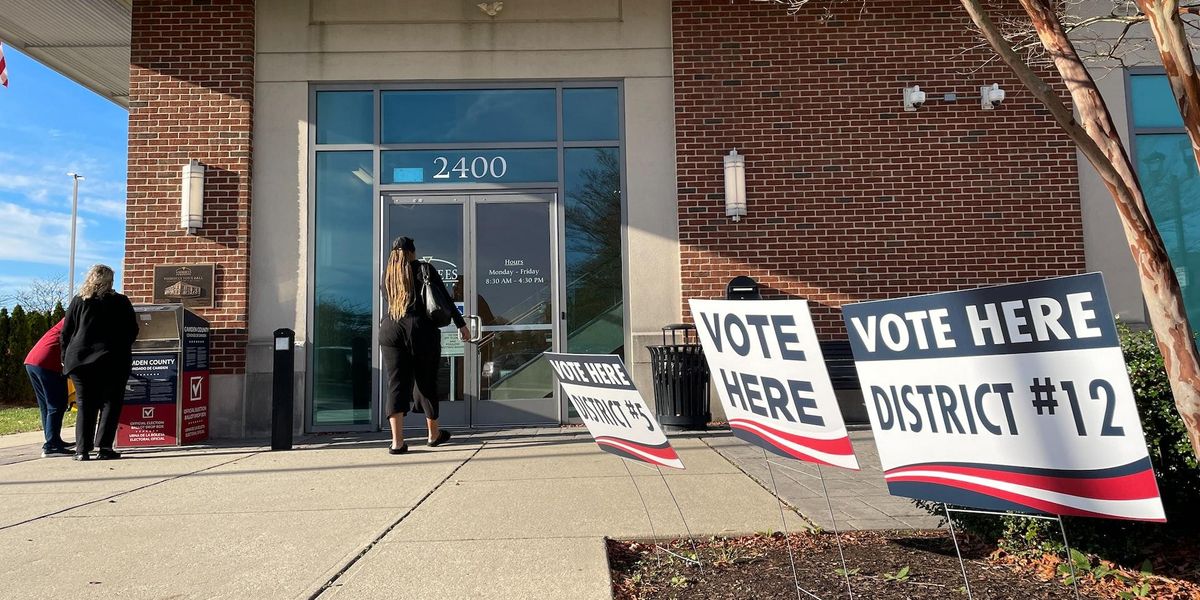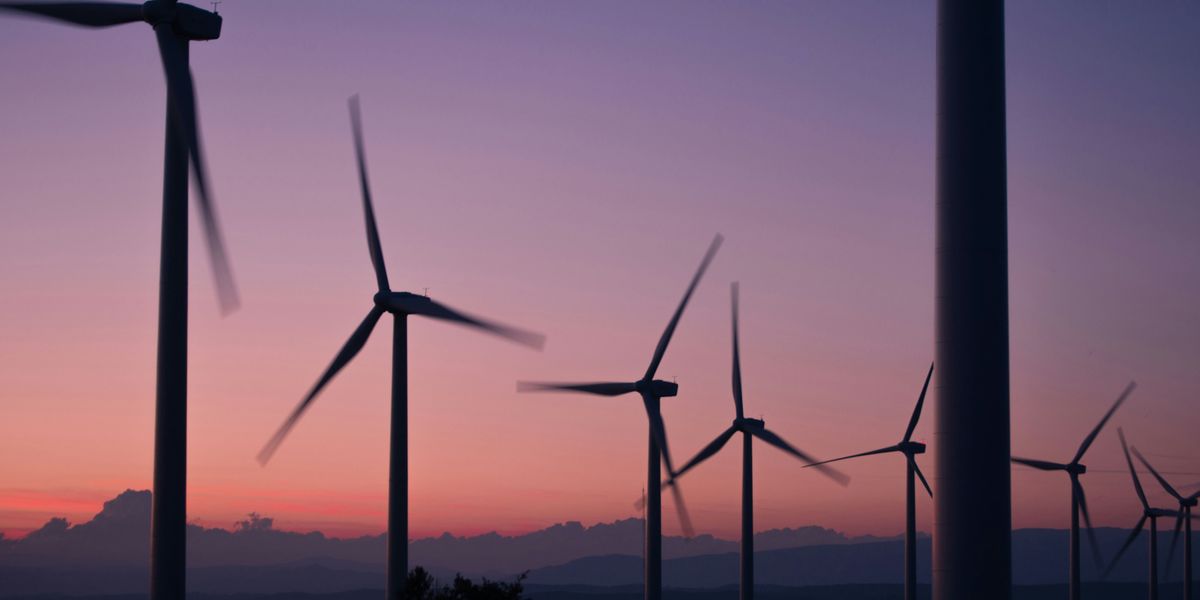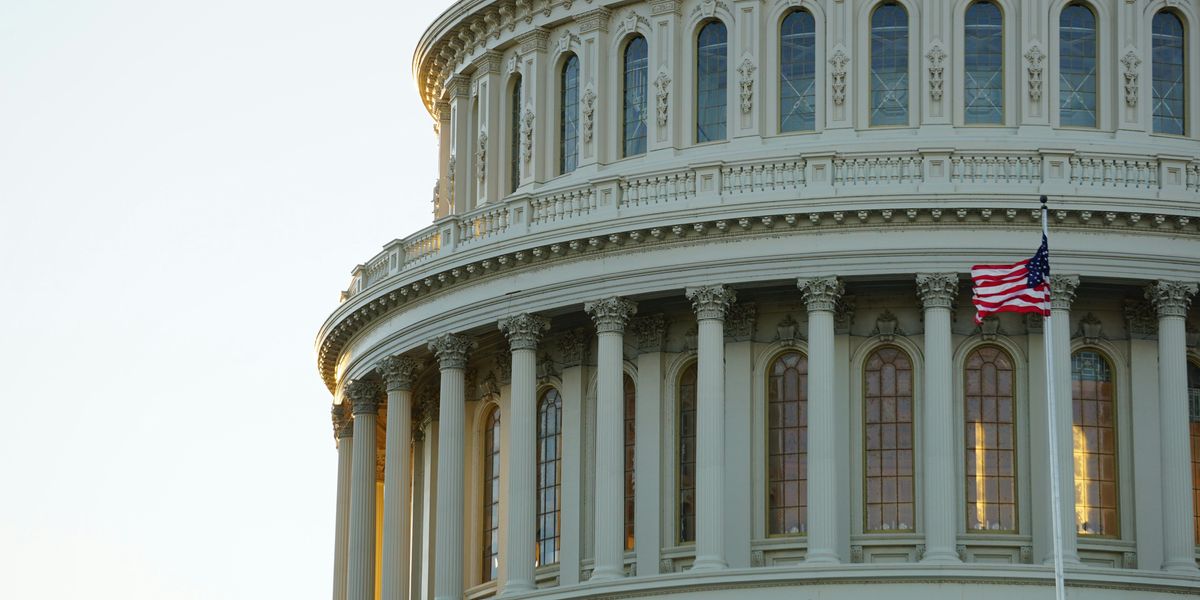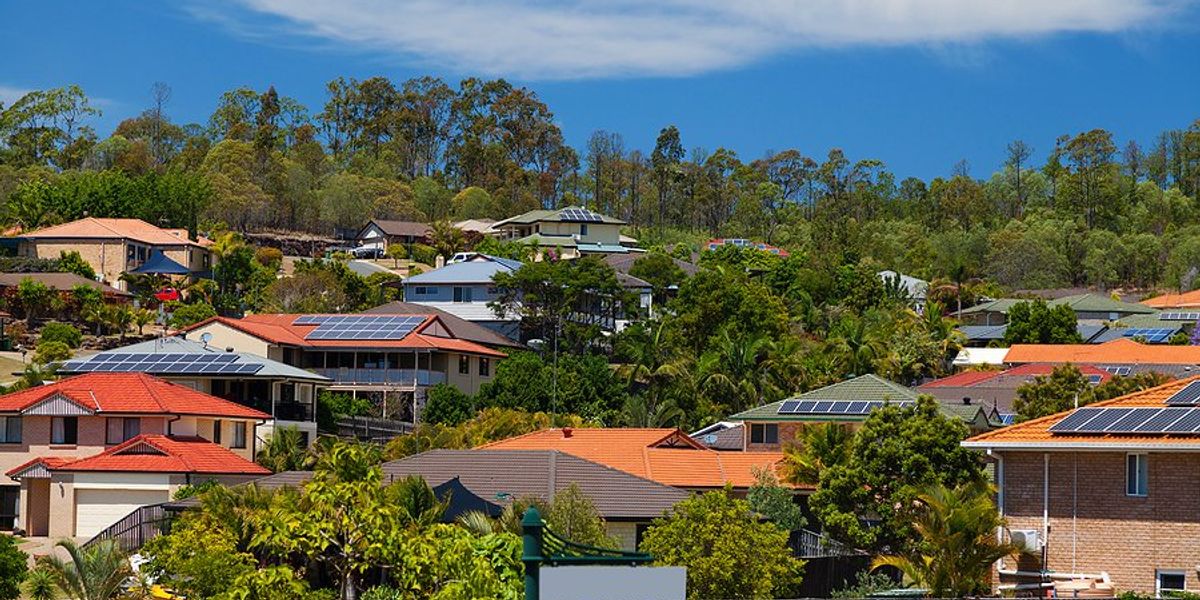
Peter Dykstra: Environmental takeaways from Election Day
What happened and, perhaps more importantly, what didn’t happen?
The midterms came and went. And because we have to, you know, count all of the ballots, some things are still unresolved. However, here are some quick environmental takeaways.
There were only two major state initiatives on energy and the environment this year.
First, a $4.2 billion measure in New York state split up this way:
- $500 million to electrify school buses;
- $400 million for green building projects;
- $1.1 billionto restoration and flood risk reduction and rehabilitation and shoreline restoration projects;
- $650 million toward open space land conservation and recreation;
- $650 million for water quality improvement and resilient infrastructure.
New York state voters approved this measure on Tuesday.
California voters rejected Proposition 30, which would have fundedinfrastructure for zero-emissions vehicles and a Wildfire Prevention Initiative by imposing additional income taxes on top-earning Californians.
Green governors

Kathy Hochul (center), governor of New York.
Credit: Metropolitan Transportation Authority/flickr
Re-elected governors who have vowed aggressive action on climate change include:
- Gavin Newsom (D-Calif.)
- Kathy Hochul (D-N.Y.)
- Gretchen Whitmer (D-Mich.)
- Janet Mills (D-Maine)
- Michelle Lujan Grisham (D-N.M.)
And then there are the newcomers: Wes Moore (D-Md.) and Maura Healey (D-Mass.)
Climate ignored in key races
The Atlanta Journal Constitution reported that the Warnock-Walker clash (headed for a runoff scheduled for Dec. 6) had cost the two campaigns and their worldwide financial backers a quarter billion in campaigns rooted in negative advertising. But not a word about America’s climate future — not even a hopeful one — entered the media strategy of either man.
Nor did climate draw much water in Florida, where the homes of roughly 10 million residents are in communities projected to be underwater later this century. Republican Ron DeSantis, just re-elected as governor, and re-upped Republican Senator Marco Rubio both had principal residences in doomed Dade County, just down the freeway from equally doomed Mar-A-Lago.
Uber-denier Inhofe retires

Oklahoma Repulican Senator Jim Inhofe, a long-time climate change denier, retired.
Credit: Gage Skidmore/flickr
Few would dispute retiring Republican Oklahoma Senator Jim Inhofe his unofficial title as Capitol Hill’s Alpha Dog of climate denial. But I’m holding him to his promise of an interview on Nov. 18, 2034, his 100th birthday. We’ll check in with Inhofe to see how his climate “hoax” is working out. Inhofe turns 88 next week and has been a senator for 28 years.
Democrat Pat Leahy also retires in January when the current Senate session ends. He’s been a pro-environment stalwart on acid rain and other issues for 48 years.
Peter Dykstra is our weekend editor and columnist and can be reached at pdykstra@ehn.org or @pdykstra.
His views do not necessarily represent those of Environmental Health News, The Daily Climate, or publisher Environmental Health Sciences.













